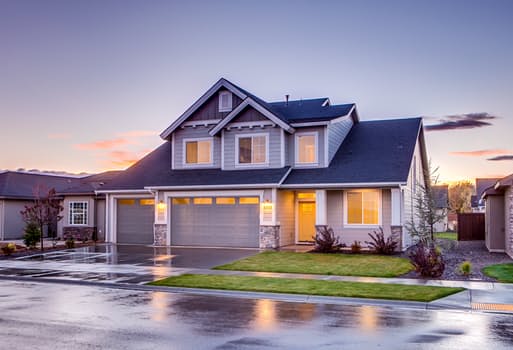Saving for your First Investment Property
Saving for your first investment property can be difficult if you don’t have a plan. This insightful article walks you through how to plan for your first income property.
If your a home owner and are considering what it would be like to purchase an investment property to earn additional income, this article is for you. Let’s walk you through some of the key financial aspects that you will need to figure out before purchasing a rental property.
Start with a Timeline
Defining a timeline is the first step you need to consider before purchasing a rental property. Before getting yourself all excited you need to consider when will you have enough funds to purchase the potential property? Many interested buyers start looking before even having a plan. They wind up finding something they love and can’t get the financing in place. So do your due diligence and plan for your future.
While setting a budget can be tough, it’s the best way to become a disciplined saver. Start by determining your fixed expenses, and then look at your needs for other expenses — food, gas, clothing, entertainment, etc. Once determine set a weekly budget and stay within the budget. Next determine how much debt you are carrying? When banks look at a potential buyer they rate you on a scale of income vs. debt to determine what you can carry financially. You need this information to figure out whether you are financially ready for home ownership.
Understanding the Rental Pricing
Typically in the Niagara Region rental properties are averaging between $250,000-$350,000. The pricing varies on a number of different aspects for example; location, number of units, style of property, square footage and condition of the property. It’s important to do a break down of what your cost is on the property, and what your potential income could be by renting out the space or individual units.
You will need a least 20% down payment.
Purchasing a rental property isn’t the same as shopping for your primary residence. Rental properties with one to four units require a minimum down payment of at least 20 %. So for example if you are purchasing a $300,000 rental you would need a minimum $60,000 (20% down payment). Rental properties are viewed as a risky investment by lenders, don’t be surprised to encounter higher borrowing rates and stricter qualification rules than you would typically in purchasing your personal home.
Before you begin shopping for a rental, it’s important to know how much you can afford to spend on a property. You will want to plan ahead for the various expenses related to owning a property. In addition to purchasing the rental, other significant expenses will include heating, property taxes, regular maintenance and renovation as required.
If you’re considering purchasing a rental property, proper preparation and planning are keys to the success. Take some time, sit down, plan and get excited about your investment property.


